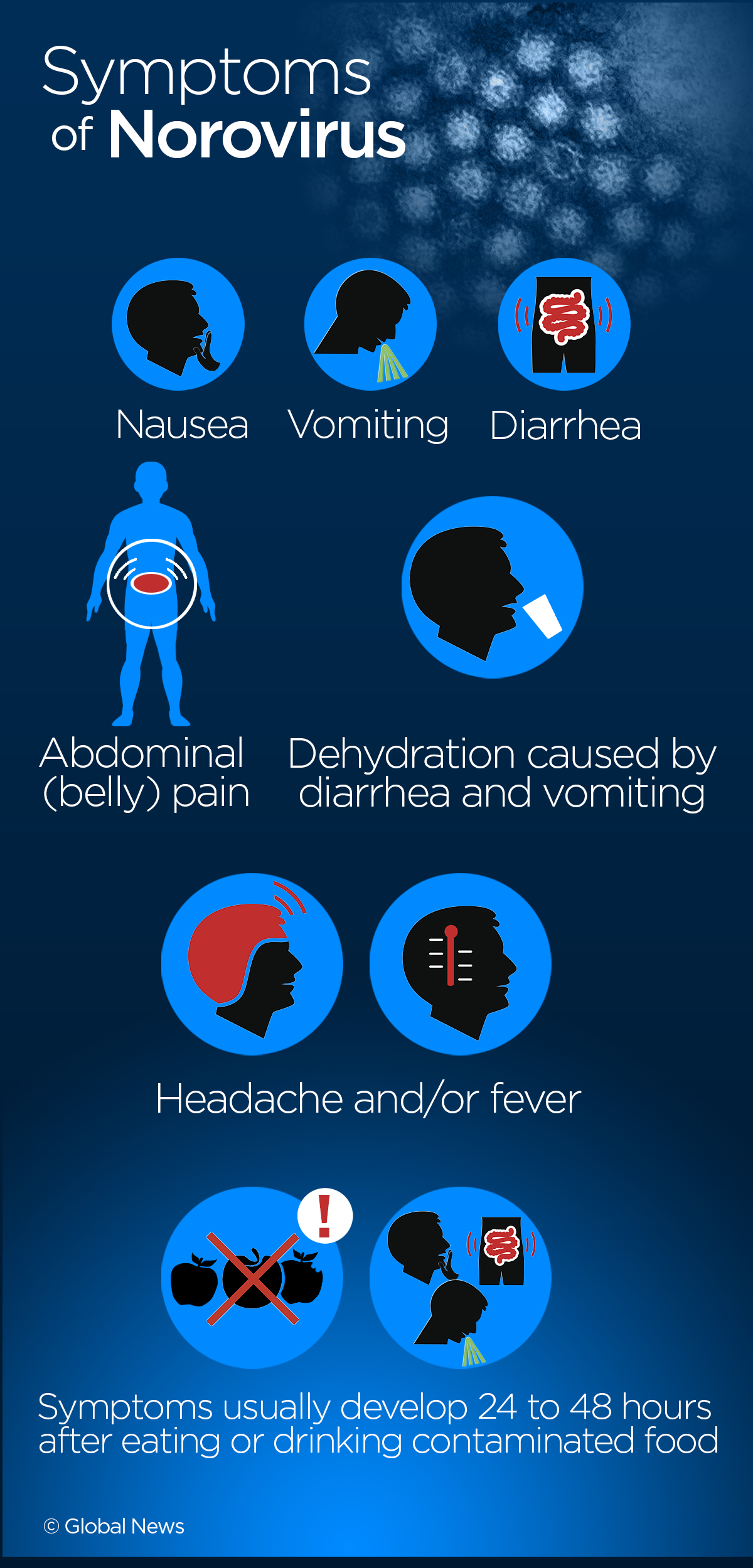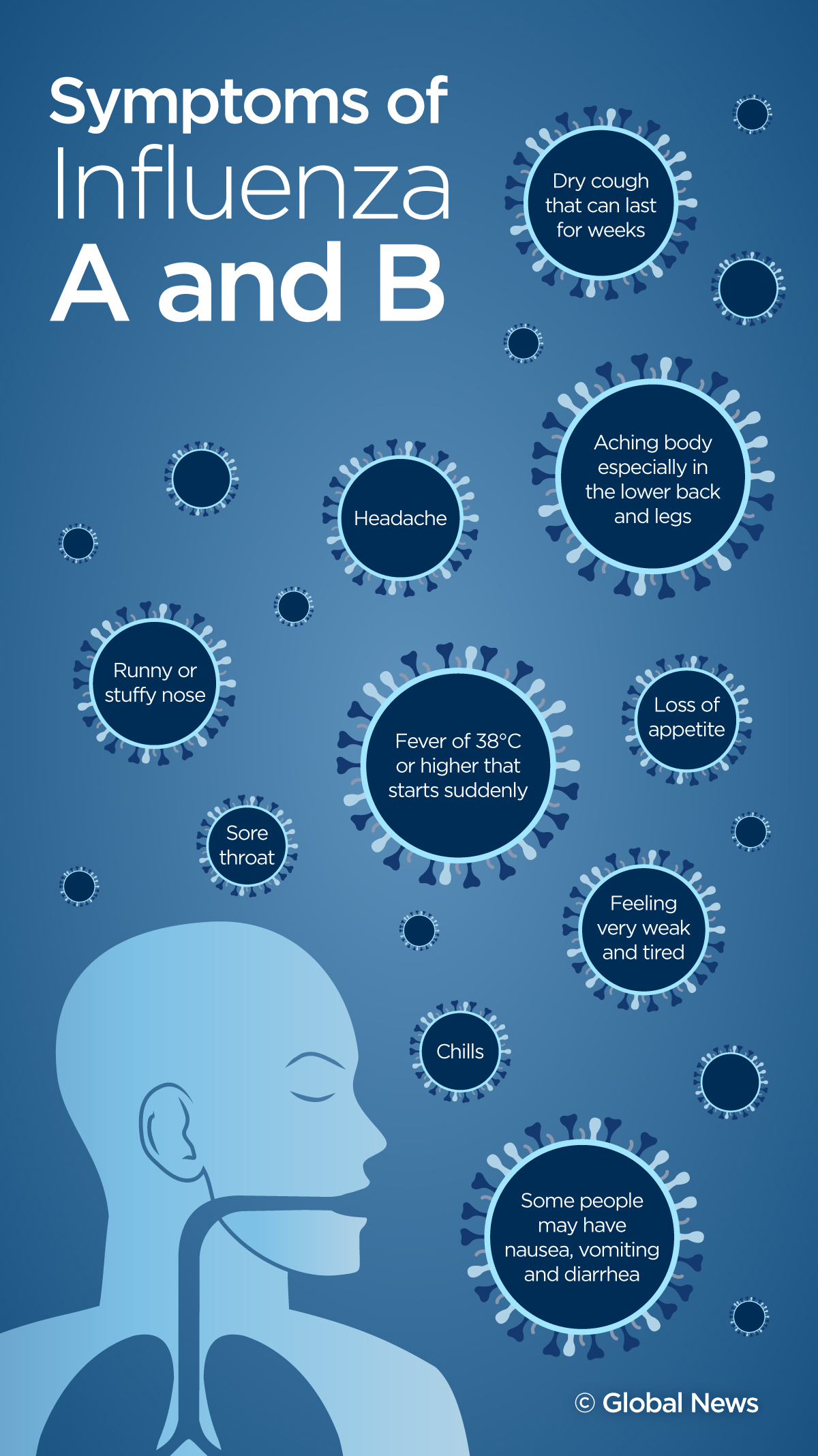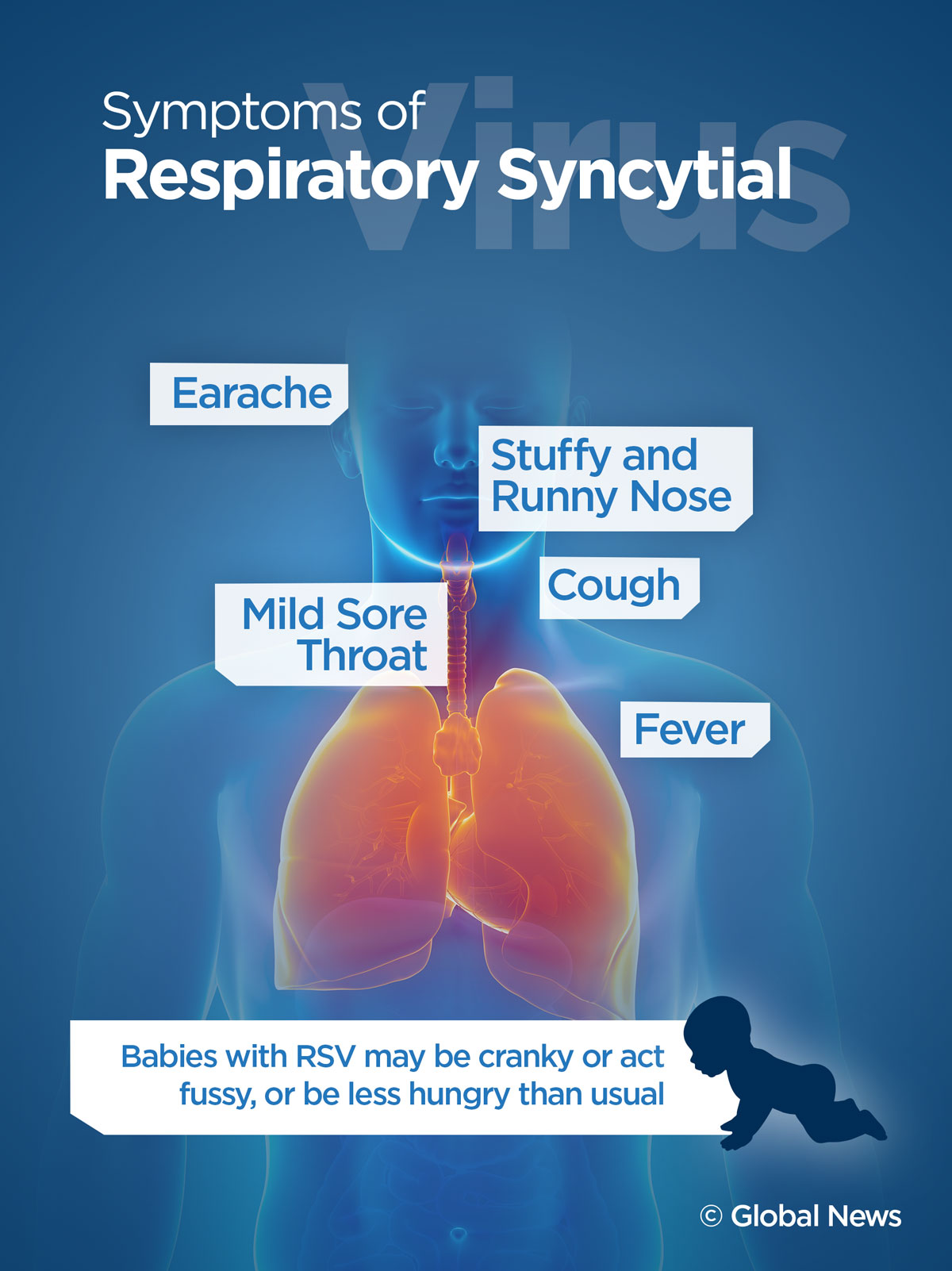CALGARY – If you’re not sick yet, chances are you know somebody who is.

The Norovirus and Influenza A and B have started making their way across Calgary. Many residents are already down for the count.
Eric Ferguson and his entire family fell ill with the Norovirus recently.
“It was really bad,” he said. “To the point we had to bring out daughter to the hospital.”
Symptoms for the stomach virus include nausea, vomiting and abdominal pain.
The Ferguson family is one of several battling back from illness.
Alberta Health Services says Influenza A is declining, but there are still 11 outbreaks – mostly among seniors.
Symptoms for Influenza A include a dry cough, aching body and a fever.
Influenza B has similar symptoms and is equally serious. Health officials say it is just starting to spread
READ MORE: Flu vaccine only 23 per cent effective this season: CDC
Atleast one pharmacy chain now offers a $25 test for the flu that pharmacists say is far more efficient than screening by symptoms only.
“It will help us in directing the patient toward the hospital if they are severe, and if they tested positive for flu. Or we can give them some medication as treatment,” said Amani Chehade, A pharmacist at Shoppers Drug Mart.
READ MORE: Nasty H3N2 flu season may have peaked in Canada, health officials say
But Alberta Health Services says the test isn’t really necessary since the prescription for the flu is usually just bed rest and symptom support.
There have also been a number of cases of a bad respiratory virus, called Respiratory Syncytial Virus, at the Alberta Children’s Hospital. It’s common among babies and children.
Symptoms include a cough, stuffy nose, mild sore throat and fever.
Health officials say in most cases families should treat the illness the same as the flu, unless your child’s condition worsens.
“If they’re just not getting better, their fever seems to get better and gets worse again, or they’re having difficulty – that’s when you should seek medical attention,” said Dr. Judy MacDonald.





Comments